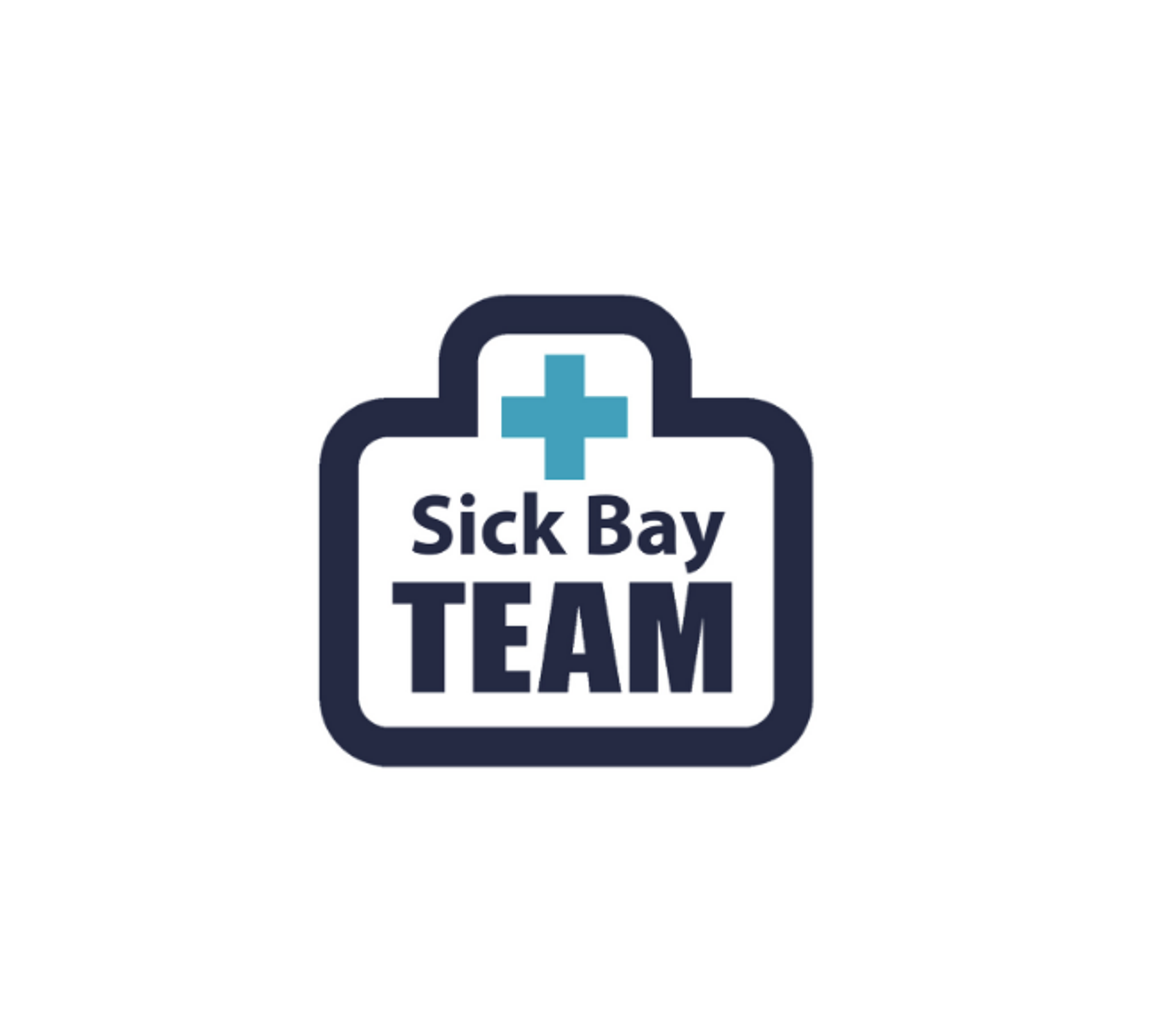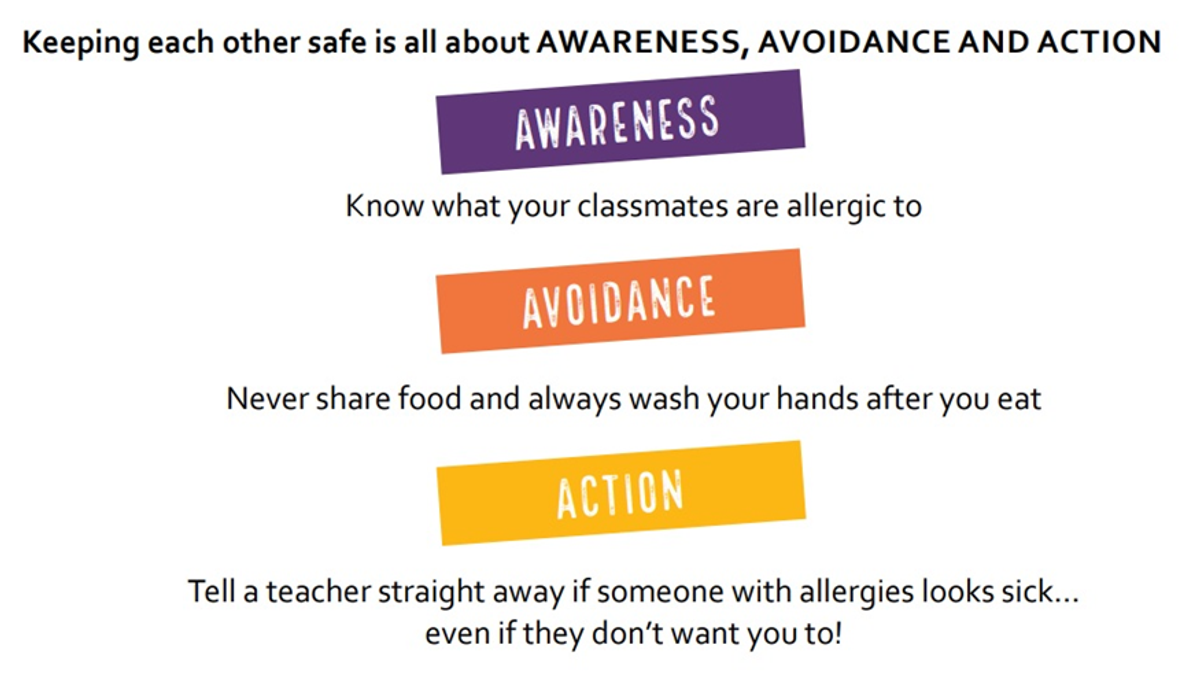Safety and First Aid

Australia has one of the highest rates of food allergies in the world, with more than 1.5 million Australians living with a food allergy. We also have one of the highest rates of hospital anaphylaxis admissions in the world. There has been a 51% increase in anaphylaxis presentations to emergency departments in a 5-year period, growing to more than 11,500 per year.
With no known cure for food allergy, awareness and education are most important, as an allergic reaction can quickly become life threatening. A severe allergic reaction (anaphylaxis) must be treated as a medical emergency.
It’s important for Australians to be aware of food allergies, know the signs and symptoms of an allergic reaction and know how to respond in an emergency.
Food Allergy Week aims to raise awareness of food allergy including potentially fatal food allergies. During Food Allergy Week, Allergy & Anaphylaxis Australia (A&AA) is calling on all Australians to unite to help increase awareness and share information on what we can do to improve safety for people who live with food allergies.
You can learn more about FAW at: https://allergyfacts.org.au/faw
Help us to raise awareness by sharing the three As with your child:
Stay well this winter
Symptoms of influenza (flu) can hit very quickly and may last several weeks. Vaccination is the best way to protect yourself and others from getting the flu.
Keeping our school community well
Parents, carers and students are encouraged to practice prevention measures, including:
- washing and sanitising hands regularly
- avoiding touching eyes, nose and mouth with unwashed hands
- covering nose and mouth when coughing or sneezing
- staying home if unwell and consulting a general practitioner (GP) or Nurse-on-call as required
- staying up to date with flu and COVID-19 vaccinations.
Flu vaccinations
Flu vaccinations can be booked through GPs and pharmacies, many of which can also provide COVID-19 vaccinations. Flu vaccination is recommended for everyone aged 6 months and over.
Some people are more at risk of complications from flu and are eligible for free vaccination as part of the National Immunisation Program.
COVID-19 booster
The 2024 COVID-19 booster dose is available for everyone aged 18 and above.
Getting your booster dose remains the best way to prevent severe illness or hospitalisation, especially in people aged over 65 and those at higher risk of severe illness.
Children aged between 5 and 17 years who are at risk of severe illness can also receive a 2024 booster dose.
You can get your next dose at your local pharmacy or GP. To find one near you, refer to the vaccine clinic finder.
Find out more
For more information about preventing flu, and immunisation, refer to:



